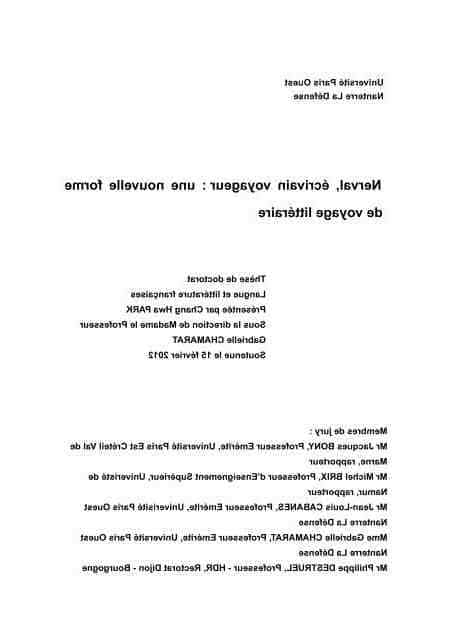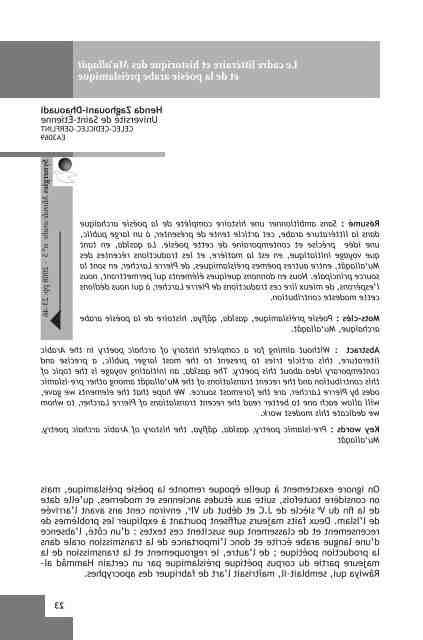We are still few, younger, to know old people who spiced up their conversation with Latin verses or proverbs, responding for example De minimis non curat praetor (1) when we regretted their negligence or noting when there was too little pasta to taste u Rari nantes u gurgite vasto supi (2). There was no effect in these quotes, nor in the borrowings from familiar languages that we do daily, such as low cost or ciao. These people were educated before the war at the age of 14, they memorized the entire pages of Virgil and Ovid, and composed Latin verses. They were not necessarily academics or lawyers, they could be soldiers, foresters, notaries. For them, Latin was the living language.
→ CHRONICLE. For marketing it is important to work in Greek or Latin
How many Latin terms do we still use? Five or six? Sic transit, Wade retro, Horresco referendums, Sine die, Nec plus ultra – and sometimes without knowing the exact translation. I was surprised that one of my cousins, when asked what would make him happy for his birthday, mentioned the recent Bilingual Anthology of Latin Poetry from the collection “La Pléiade” (3) which he had discovered. The Cross (4).
When the bookseller suggested, should I make you a bundle?, I asked him for a cover, explaining that I would still leaf through the volume before offering it. So he took me. For someone like me who has never studied Latin poetry, this book is an ideal introduction. Although it has 1,826 pages, although the anthology is a serious choice, it must be versified in Latin for about two thousand three hundred years. The earliest known Latin verses (as much of it is lost) are those of Livy Andronicus, a Greek poet who gave a Latin version of the Odyssey in the 3rd century BC. Let us not forget, recalls the preface to this anthology, Philippe Heuzé, that at the beginning of Latin poetry there is Greek poetry. In this regard, the Golden Age is the 1st year before the new era, in which Lucretius, Catullus, Virgil, Horace, Ovid were born…
→ CRITICAL. “Bilingual Anthology of Latin Poetry”, a two thousand year history
In the centuries that followed, poetry was widely practiced: Caesar, Augustus, Nero, Hadrian were versified, as were many authors known for their prose, such as Cicero or Pliny the Elder. What is remarkable is that the fall of Rome in the fifth century did not mean the end of Latin or Latin poetry. The language remains, although relatively little transformed, in all the ancient Roman provinces and, for almost a thousand years, it has been the language of the spirit: theology, philosophy, law, science, medicine, poetry are written in Latin.
In the Pleiades anthology, works created during “historical Rome” represent only a third, while the other two are devoted to Latin poetry written later throughout the West, especially in the Middle Ages and in the Renaissance, through hymns and Christian sequences, and to this day, where poets continue versification in Latin, in addition to their usual language: the volume ends with a poem in Latin by Pascal Quignard, Inter aerias fagos (“Among the letters of the air”), as scholarly and subtle as it is modern, because it frees up both metrics and rhyme.
→ READ ALSO. What We Really Owe to the Greeks and Romans
Even today, those who know Latin know how suitable this language is for poetry. The absence of articles, creating a great conciseness, but also a relative imprecision, gives the words several possible meanings, introducing play into the language, clues, echoes which are blessed bread for poets.
living in churches

Philippe Heuzé’s introduction ends with a big question. These beautiful poems in Latin, “are they already museum objects? “What can we hope for to read them again in the future? Not only do we no longer know Latin, but contemporary poetry has also broken with the traditional forms that Latin poetry has codified and transmitted.
The last medium in which Latin remains alive is the Church, or churches, for liturgies always include Latin texts and chants, of which practitioners are well aware. Many of us maintain last contact with this mother tongue.


























